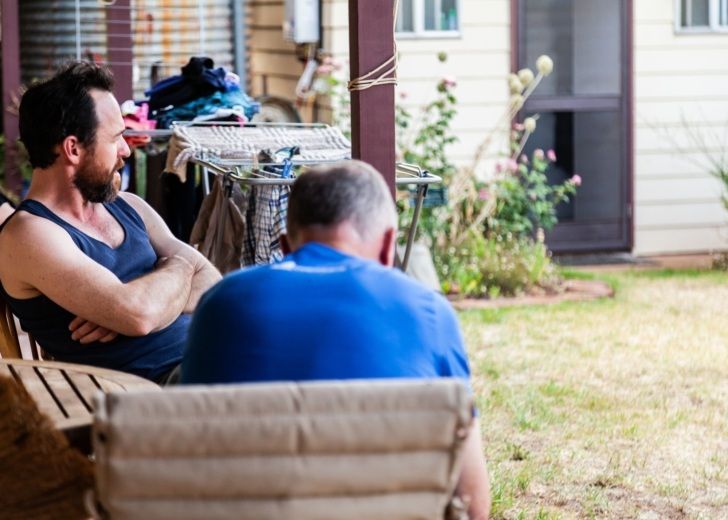Research summaries
The Minds Together suite of programs is based on research with family and friends supporting someone experiencing mental health concerns or suicidal distress. Learn more about the research findings in the summaries provided below.
Further research can be found on the Everymind website.
Summaries

This study aimed to find out if adding a social forum component to the Minds Together program for family and friends who support someone with their mental health would be beneficial.
Between July 2021 and March 2022, 127 people (mostly female) were randomly assigned to either the ‘program only’ or ‘program with social forum’ group to compare findings.
The study faced some challenges. Fewer people completed the surveys than expected, and few people actually used the social forum. This made it difficult to compare the outcomes of carers between groups. Despite these challenges, the study provided important insights. It highlighted the need for researchers, consumers, and professionals in the healthcare industry to work together to solve challenges related to missing data in online health interventions.

Taking care of a loved one can be a rewarding experience, but it could also be challenging. Caregivers often report poorer outcomes than the general population, including lower quality of life, poorer mental and physical health, and reduced education and employment opportunities.
The Minds Together program was designed to help family and friends supporting someone with their mental health. This study examined the program’s impact and found many benefits, such as expanding knowledge, creating economic and societal benefits, and changing practices.
The study also discovered that investing in this type of research has a considerable return on investment, exceeding $80,000. The researchers emphasised the importance of incorporating research learning into practice.
Overall, this study offers a unique perspective on the benefits of prevention-focused research targeting family and friends supporting someone with mental health concerns. It highlights the importance of investing in this type of research, which can benefit both caregivers and the people they support.

Paramedics provide an essential service to our community and help us in our times of greatest need. However, their job can be very stressful and can affect their mental health. Their family and friends often provide support, but they also need help to take care of their loved ones.
In 2022, Everymind consulted with 72 family and friends of paramedics who were experiencing mental health concerns or suicidal distress.
They learned that:
- Half of the paramedics they supported had a diagnosed mental illness, such as anxiety, depression, or PTSD
- Nearly half of the paramedics they supported had thought about suicide
- Most had received or were receiving treatment for their mental illness
- The biggest challenges for paramedics were dealing with traumatic events, working shifts, and facing negative attitudes at work
- The family and friends who cared for them also faced significant challenges. Half of them experienced a lot of stress, and many felt emotionally overwhelmed.
These findings show that we need to do more to support paramedics and their families. We should provide better training and resources to help them cope with the challenges of their job. We should also offer more support and resources to their families and friends, who play an important role in their recovery.

In 2020, the Minds Together program was tested with over 100 family and friends who care for someone with mental health concerns. The program was successful in helping participants feel more confident in their ability to cope with their caregiving role, and also helped reduce their stress levels. The program was found to be safe and helpful for those who support someone with anxiety or depression.
Those who participated in the program said they enjoyed the content, found it easy to understand, and could relate to the real-life stories and videos shared. The program also helped them understand the importance of their support role and motivated them to take better care of themselves.